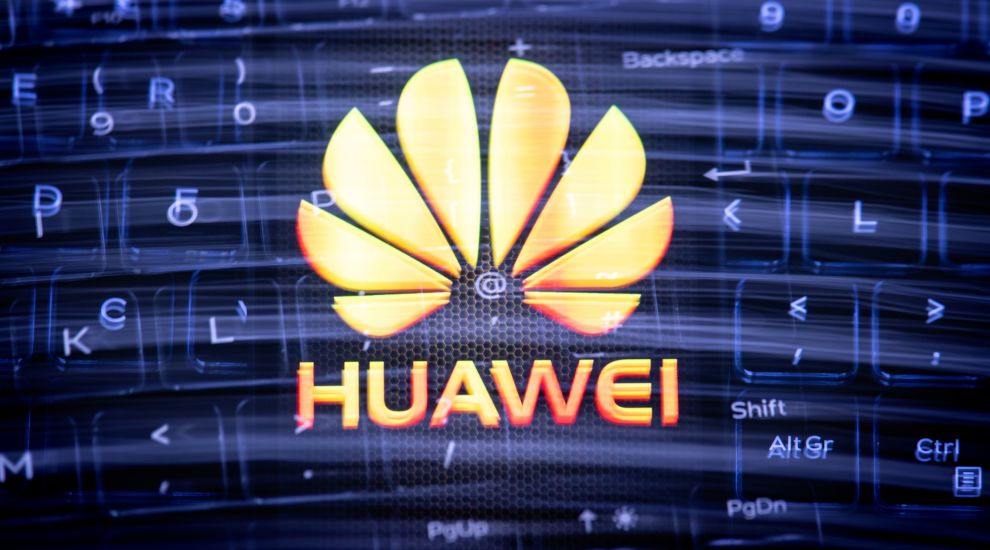
Boris Johnson has paved the way for Chinese firm Huawei to have a limited role in the UK’s 5G network, in a move that will set up a diplomatic clash with the US.
The National Security Council chaired by the Prime Minister on Tuesday decided that “high-risk vendors” should be permitted to play a peripheral role in the network.
But advice issued to telecoms operators by the National Cyber Security Centre said such vendors should be barred from all safety-related and critical networks.
They will also be excluded from security critical “core” functions, and sensitive geographic locations, such as nuclear sites and military bases.
High-risk firms will also have their presence limited to no more than 35% in the periphery of the network, known as the access network, which connects devices and equipment to mobile phone masts.
The decision sets the PM up for a clash with many Tory MPs as well as the US, where Donald Trump’s administration has lobbied against the UK allowing Huawei access.
As it takes on China in a trade war, the US has warned that British sovereignty would be put at risk by the move, and has issued threats over an impact on intelligence sharing.
Huawei vice-president Victor Zhang welcomed the UK’s decision for the company with close ties to the Chinese state.
“Huawei is reassured by the UK Government’s confirmation that we can continue working with our customers to keep the 5G roll-out on track,” he said.
“This evidence-based decision will result in a more advanced, more secure and more cost-effective telecoms infrastructure that is fit for the future.”
Culture Secretary Baroness Morgan vowed that upgrades would “not be at the expense of our national security”.
“The Government has reviewed the supply chain for telecoms networks and concluded today it is necessary to have tight restrictions on the presence of high-risk vendors,” she said.
“This is a UK-specific solution for UK-specific reasons and the decision deals with the challenges we face right now.
“It not only paves the way for secure and resilient networks, with our sovereignty over data protected, but it also builds on our strategy to develop a diversity of suppliers.
“We can now move forward and seize the huge opportunities of 21st-century technology.”
National Cyber Security Centre chief executive Ciaran Martin said the guidance would ensure the UK has a “very strong, practical and technically sound framework for digital security in the years ahead”.
“High-risk vendors have never been – and never will be – in our most sensitive networks,” he added.
“Taken together, these measures add up to a very strong framework for digital security.”